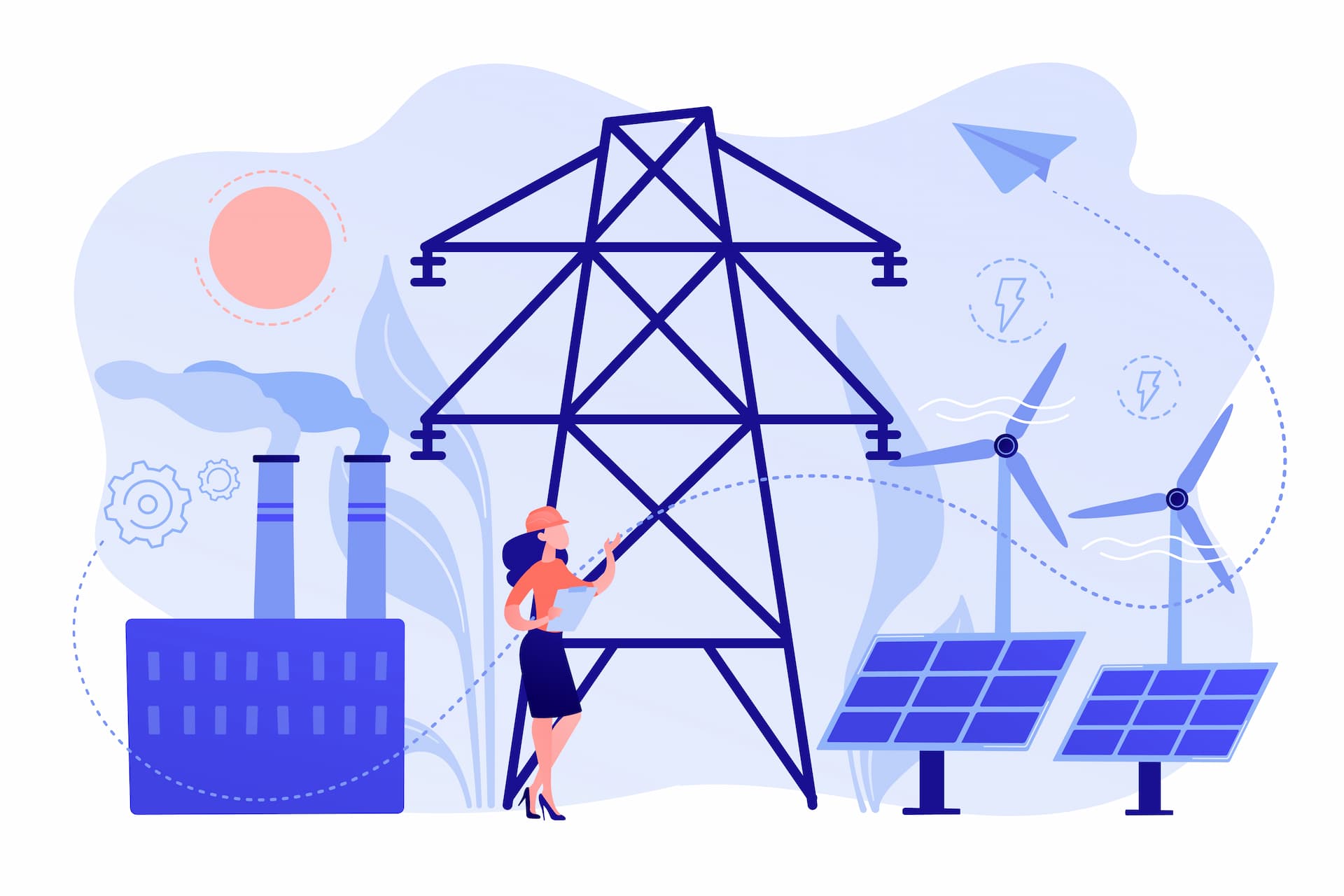10 Steps Towards Net Zero Carbon Emissions
Energy Efficiency as the Foundation of Sustainability
In today’s world, where sustainability has become imperative, energy-intensive companies are facing the challenge of transitioning to net zero emissions. On the path to achieving this goal, the implementation of energy efficiency measures is crucial, not only for reducing energy consumption but also for promoting cost-effectiveness and business sustainability.
In this article, we will explore ten key measures that companies take to achieve energy efficiency and progress towards net zero emissions.
10 Steps Towards Sustainability
1. Investment in Renewable Energy Sources: Installing solar panels enables companies to produce their own clean energy, reducing electricity costs and their dependence on fossil fuels.
2. Equipment Energy Efficiency Improvement: Upgrading or replacing outdated equipment with modern, energy-efficient models can significantly reduce energy consumption.
3. Improvement of Insulation: Additional insulation in buildings, energy systems and equipment reduces heat loss and better protects against external temperature fluctuations, resulting in reduced heating or cooling needs.
4. Energy consumption monitoring: Introducing automatic meter reading systems allows automatic data collection on energy and water consumption, facilitating real-time monitoring and enabling quick actions to optimize energy and water usage.

5. Introduction of LED Lighting: Replacing traditional bulbs with LED lighting can result in significant energy savings due to their higher energy efficiency and longer lifespan.
6. Use of Energy-Efficient Transportation: Introducing low-emission vehicles or electric vehicles for transportation of goods and employees reduces emissions and fuel costs.
7. Implementation of Energy and Environmental Management Systems: In compliance with ISO standards such as ISO 14001 and ISO 50001, organizations can implement systems to improve energy performance, reduce energy consumption, and greenhouse gas emissions. Learn more about our EMA software.

8. Waste Water Treatment and Reuse: Systems for wastewater collection, purification and reuse can reduce water consumption.
9. Waste Heat Recycling: Implementing waste heat recovery systems can reduce energy consumption by harnessing heat that would otherwise be wasted.
10. Awareness and Employee Training Programs: Educating employees on the importance of energy efficiency and implementing programs to reduce unnecessary energy consumption can promote behavioral changes. Our E-panels provide real-time information on energy and water consumption encouraging employees to save. Learn more.

As seen, the implementation of energy efficiency measures is crucial for achieving net zero emissions. These are key measures that enable companies to reduce energy consumption and greenhouse gas emissions. By integrating these measures into their operations, companies can not only achieve significant savings and reduce their ecological footprint but also lay the foundation for a sustainable and competitive future.

